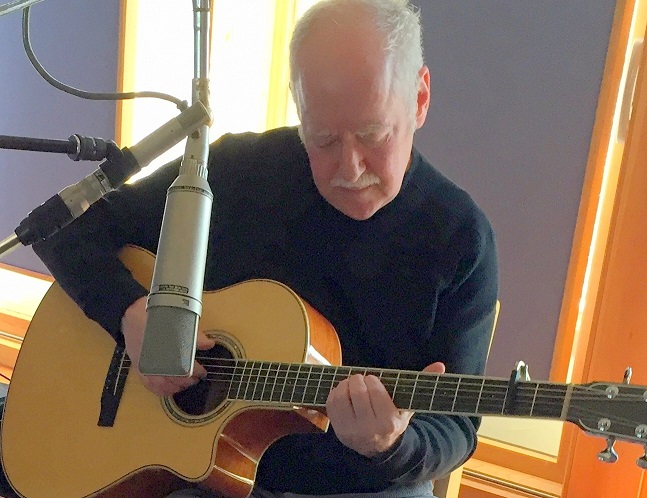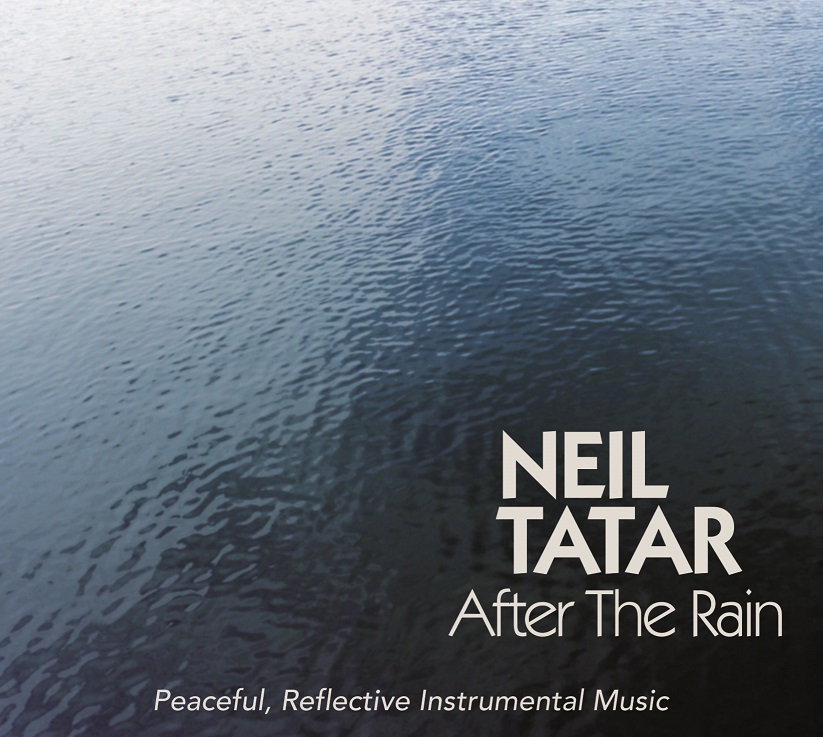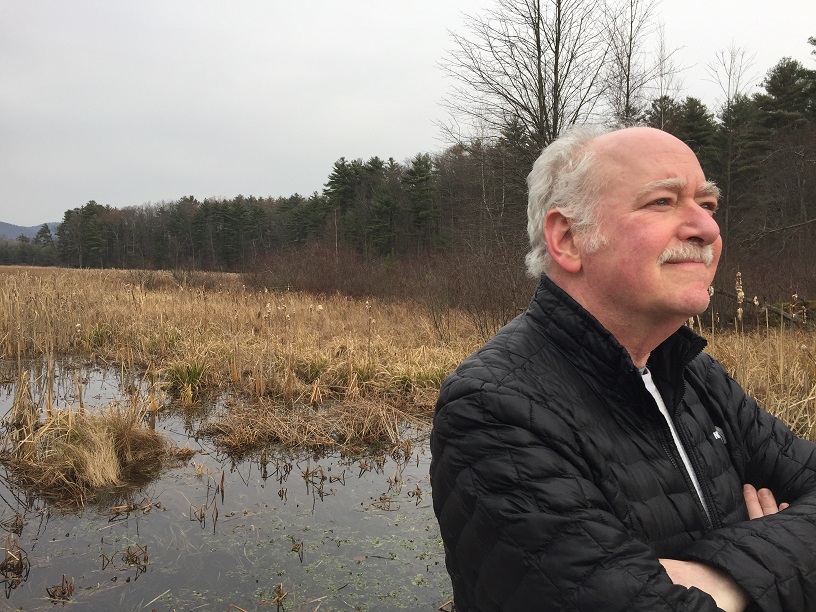Interview With Neil Tatar–Expressing Creativity Through Music
Music is an expression; a language; and medium through which the musician gives voice to his/her feelings, thoughts, emotions, and beliefs. Yet, the listener, the receiver of that translation gets different messages and inklings depending on the individual preferences, understanding, and inclinations.
The beauty lies in transforming simple day-to-day conversations into musical notes, and Neil Tatar seems to be a master of this art. Playing both the Piano and the Guitar, he tells stories weaved from his own life and inspiring him to be engaged in a creative process.
We interviewed Neil over email and here are the responses:
Q1) You play both piano and guitar—why two instruments? What was the inspiration?
The inspiration always comes from the music, which offers me a path for creative expression. Piano and guitar serve different purposes to me, and I naturally gravitate towards the instrument that best fits the story or emotion that is asking to be told. Stylistically, playing guitar represents a spirited and playful side of my music, and my guitar compositions tend to be rhythmic and expressive, often with a touch of blues or jazz. My interest in composing on piano developed much later in life, at a time when I was reflecting upon personal stories at a deeper level. The main impetus for this came while processing some conversations that I was having with my mother as my dad was in late stages of life. We were geographically far apart, and our contact was via phone. I would go to the piano after these talks and process our conversations through my music. The result became the composition “Where Did The Time Go”, a duet with cellist David Darling and the title track of my first album. I find my piano pieces tend to be melodic, and a bit more emotional in nature.
While recording my current album “After The Rain”, I found it beneficial to approach piano tracks separately from guitar tracks. First, I developed my piano compositions, then took a few months off before writing the guitar pieces. This extra time and space allowed me greater focus and the ability to go deeper into the process of composing the pieces that are now on the album.
Q2) Does it make easier to collaborate with other musicians because you understand multiple instruments that are of completely different category?
 Collaboration with other musicians depends on their ability to understand the intention of my compositions. As I become more familiar with a specific session player, I do find it easier to hear how their unique sound and instrument may work on a piece that I am composing.
Collaboration with other musicians depends on their ability to understand the intention of my compositions. As I become more familiar with a specific session player, I do find it easier to hear how their unique sound and instrument may work on a piece that I am composing.
I am fortunate to be recording with an outstanding team of musicians, and I do believe that I am able to understand the possibilities their instruments offer while composing. I also find that it is important for me to convey the intention of a composition when writing and recording in the studio, and my ability to do this successfully makes a difference in the collaboration. It amazes me how sensitive and tuned in to the writing these musicians tend to be, and the end result is also a direct reflection of their contributions.
Q3) How did it feel to come back to the Imaginary Road Studios?
Returning to the studio was wonderful. Understanding the expectations that come from recording at Imaginary Road and honoring the incredible music that has come from so many artists is a source of inspiration. Will, Tom, and I have worked together for several years, and our relationship continues to grow, both personally and professionally. It’s a comfortable yet challenging creative space….it’s a place you go to grow and expand your composing and recording skills. I get the sense that they really care, and they always offer incredible insight and expertise, while providing a creative and supportive environment. There is always the opportunity to discover something new, whether it be working with a new session player, polishing off an arrangement, or exploring the depths of my own music, I can push my limits and continue to develop as a professional artist.
Q4) Talk about ‘After the Rain’. What inspired you to do this particular album?
 For me, there is never a specific intention to do a particular album. My composing is basically a part of my daily process, offering an expression of thoughts and feelings found in my everyday life. I have discovered that this process is ongoing for me, and is separate from any physical act of playing or performing on an instrument. The happenings in my life become the album, and it is likely that each song tells a unique story. I try to express the intention or meaning of my songs to the listener, so they can hear their own story within the music.
For me, there is never a specific intention to do a particular album. My composing is basically a part of my daily process, offering an expression of thoughts and feelings found in my everyday life. I have discovered that this process is ongoing for me, and is separate from any physical act of playing or performing on an instrument. The happenings in my life become the album, and it is likely that each song tells a unique story. I try to express the intention or meaning of my songs to the listener, so they can hear their own story within the music.
Q5) What is that moment when an artist thinks he/she is ready for an album-length recording? How did it happen to you?
As mentioned above, there is no intention, instead, it is a subconscious process. Ideas will come to me when they are ready. I explore these thoughts and begin to develop musical “sketches” on either piano or guitar, developing them over a period of time. At some point in this process, I tend to reach out to a couple of key resources for input, usually, Lini (my wife) and Will Ackerman (my producer), offering me a fresh set of ears. I know when the song is ready because I find myself playing “feelings” instead of playing “notes”.
Q6) Any particular theme or emotion behind the naming of the songs?
Absolutely. Each track offers me the opportunity to tell a story, often reflecting on memories or life experiences. The meaning becomes apparent as the intention of the music reveals itself, which can be during the writing process, or even after a composition is well underway. “When I Was Young” is written on guitar and brings me back to the days of my youth. Opening with a reminiscent look back to times long ago passed, a tempo change midway into the composition speaks to my playful and explorative side as a child. “Welcome Home”, written on piano, expresses the feeling of warmth and welcoming experienced when returning home, drawing from memories both in a past and present sense. Exploring the silence and impending darkness of a late December afternoon while on a walk with my wife led to the writing of “Rush Pond”, which offers a sense of stillness in time and nature. “Freedom”, is a hopeful yet sorrowful calling out to ending oppression and hatred. The quiet, gentle expression on piano offers silence that allows us to reflect upon this unfortunate “human condition”, and yearns for an end to such discrimination. “Sunsets” was influenced by family weekends at the lake, where we often go for peaceful sunset cruises at dusk. The piece shifts from a soft guitar solo to a full ensemble jam, my expression of honoring friendship while partying into the night.
